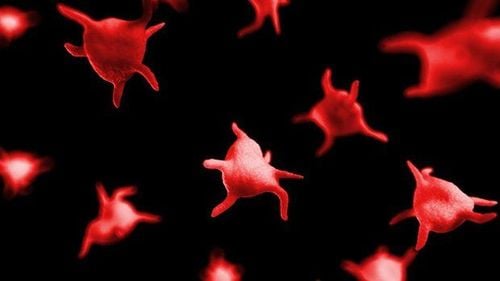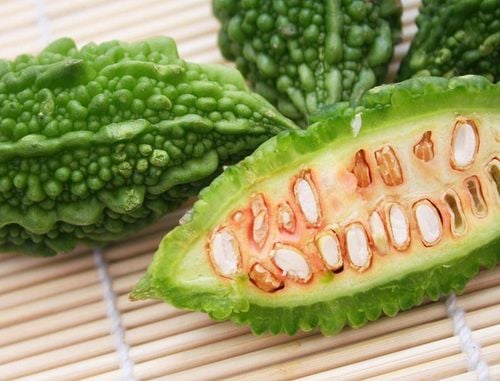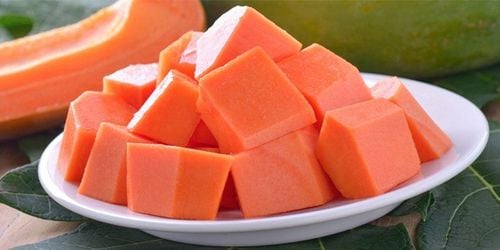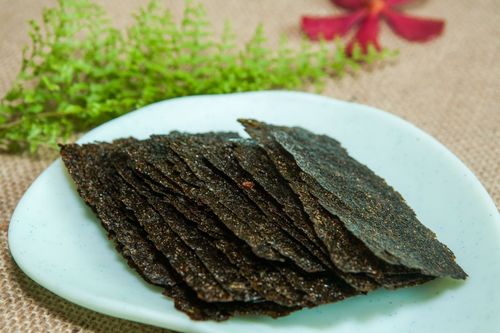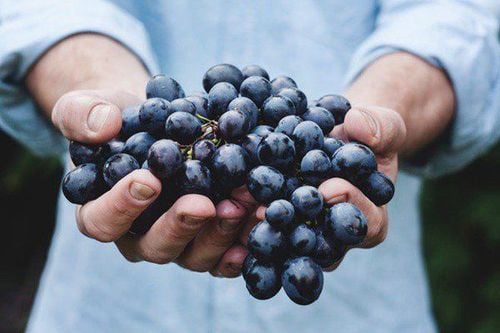When you are pregnant, you may be required to make some changes to your diet. If you are a fan of seaweed, you might wonder 'is it okay to eat seaweed during pregnancy' or can you eat seaweed regularly? There are some types of seaweed that you can safely consume during pregnancy. This article will provide you with this information.
1. Seaweed and its classification
Seaweed has made its way into the superfood category due to its abundant health benefits. Seaweed is also considered a natural remedy for many ailments. It is commonly used in many Asian dishes in both fresh and dried forms. In addition to its many culinary benefits, seaweed is also rich in nutrients such as vitamins, minerals, proteins, and fiber. Belonging to the algae family, seaweed typically comes in red, brown, and green varieties. The red type is often used to make sushi (nori), the brown type includes many popular varieties such as kelp, wakame, hijiki, and arame, which are often used to make soups and stews due to their chewy texture, and the green type is often used to make salads and soups. Can pregnant women eat seaweed? Most types of seaweed are safe to consume during pregnancy; however, you should talk to your doctor before making any major dietary changes or adding seaweed to your daily diet.
2. The nutritional value of seaweed
The nutritional value of seaweed is calculated based on 10 grams or two tablespoons of fresh Wakame seaweed. Fresh wakame:
- Carbohydrates: 0.9 grams
- Proteins: 0.3 grams
- Vitamin A: 35.0 IU
- Vitamin C: 0.3 mg
- Calcium: 14.0 mg
- Magnesium: 10.5 mg
- Potassium: 4.9 mg
- Phosphorus: 8.1 mg
- Sodium: 85.3 mg
Iodine
Brown seaweed has an extremely high iodine content and can be an important source of this nutrient during pregnancy as long as the expectant mother does not consume too much. The recommended daily intake of iodine during pregnancy is 220 micrograms. Many pregnant women, even those without clear deficiency symptoms, receive less than this amount each day. One gram of seaweed contains between 16 and 2,984 micrograms per serving, with brown seaweed having the highest amount. One serving of brown seaweed per week is considered a safe amount for pregnant women. Because green and red seaweeds have much lower iodine content, you don't need to limit their consumption to once a week as long as you consume them in moderation as part of an overall healthy diet.
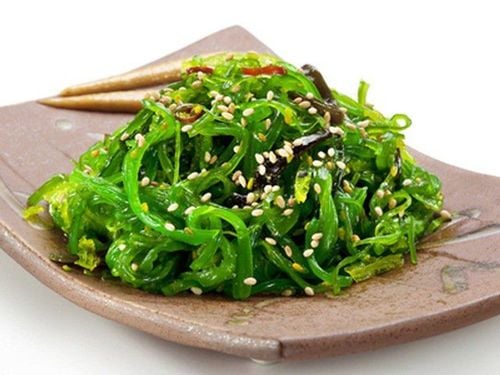
3. The health benefits of seaweed during pregnancy
Eating a small amount of seaweed can provide you with many essential nutrients. Some potential benefits from eating seaweed during pregnancy include:
- Seaweed is very rich in omega-3 fatty acids; which can help in better development of the fetus's brain.
- It is very rich in fiber and can therefore help limit digestive issues and constipation during pregnancy.
- It is a good source of antioxidants and can aid in dealing with various medical conditions such as anxiety, depression, asthma, celiac disease, arthritis, etc.
- The abundant amount of vitamin C in seaweed helps support the absorption of iron present in this seaweed.
- It is very useful in the development of reproductive organs, and it is also beneficial in reducing the risk of breast cancer.
- It is said to enhance women's reproductive health and reduce PMS symptoms.
Other nutrients found in seaweed include folate, choline, calcium, vitamin B12, and vitamin K.
4. Health risks associated with eating seaweed during pregnancy
Can pregnant women eat seaweed? Seaweed contains many important nutrients, but it is crucial to limit your intake or consume it in moderation. If seaweed is consumed in excess of the necessary amount, it can lead to potential complications during pregnancy. This may be due to seaweed having a high iodine content, and excessive iodine in the body can interfere with the normal functioning of the thyroid gland. Seaweed can also cause various medical complications during pregnancy and may even harm your fetus. The recommended daily dosage of seaweed is about 220 micrograms, and you should limit yourself to one serving per week. However, this may be true in the case of brown seaweed, but brown seaweed has a higher iodine content compared to green or red seaweed. Therefore, you may not be required to limit your consumption of green or red seaweed to one serving per week. However, you should talk to your doctor before adding seaweed to your diet during pregnancy.
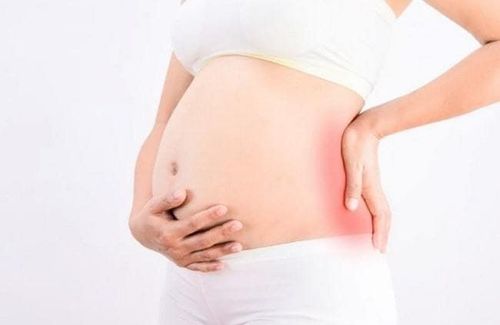
5. Try delicious seaweed recipes
You can make some delicious dishes using seaweed; however, don't forget to consume it in moderation to avoid any complications. Here is a salad recipe that can be made using seaweed, which can help boost your iodine intake.
Delicious Wakame Salad: A quick and super delicious seaweed salad recipe that's great for pregnant women. This dish can be used as a side dish or a main dish. The ingredients used for this dish include:
- dried Wakame seaweed - 21 grams
- Small apple tart
- Sliced green onions
- Minced garlic - 1/2 teaspoon
- Grated fresh ginger - 1 teaspoon
- Sugar - 1 teaspoon
- Soy sauce - 2 to 3 tablespoons
- Rice vinegar - 2 to 3 tablespoons
- Sesame oil - 2 tablespoons
- Toasted sesame seeds - 1 tablespoon
- Fresh cilantro, chopped - 2 tablespoons
How to make this dish:
- Take the dried seaweed and soak it in warm water for 5 to 10 minutes.
- When it has softened, squeeze out the excess water and cut it into strips.
- Take a large bowl, mix in sugar, soy sauce, sesame oil, rice vinegar, ginger, and garlic.
- Cut the apples into small pieces and mix them with the sauce above.
- Add green onions and cilantro and mix well.
- Sprinkle sesame seeds on top and enjoy this delicious salad.
- You can also cook seaweed soup during pregnancy to increase your iodine intake.
There are many types of foods available that can contain seaweed in them. As discussed in the previous sections, you need to be cautious when consuming seaweed during pregnancy. Instant seaweed snacks may contain higher levels of iodine and sodium. Therefore, you should eat fresh or low-sodium dried seaweed during pregnancy. You can eat seaweed while pregnant; however, do not take any dietary supplements that may contain seaweed until or unless your doctor or healthcare provider recommends it. You can add these miraculous seaweeds to your diet; however, it is better to stay safe, especially since seaweed may be related to the health of the fetus. Therefore, make sure you consume it in limited quantities. Wishing you a healthy and safe pregnancy along with the nutritious seaweed dish.
Please regularly check the Vinmec website (www.vinmec.com) to update useful health care information and leave your details when you need doctor consultation support!
To arrange an appointment, please call HOTLINE or make your reservation directly HERE. You may also download the MyVinmec app to schedule appointments faster and manage your reservations more conveniently.
References: foodstandards.gov.au, healthyeating.sfgate.com, parenting.firstcry.com




